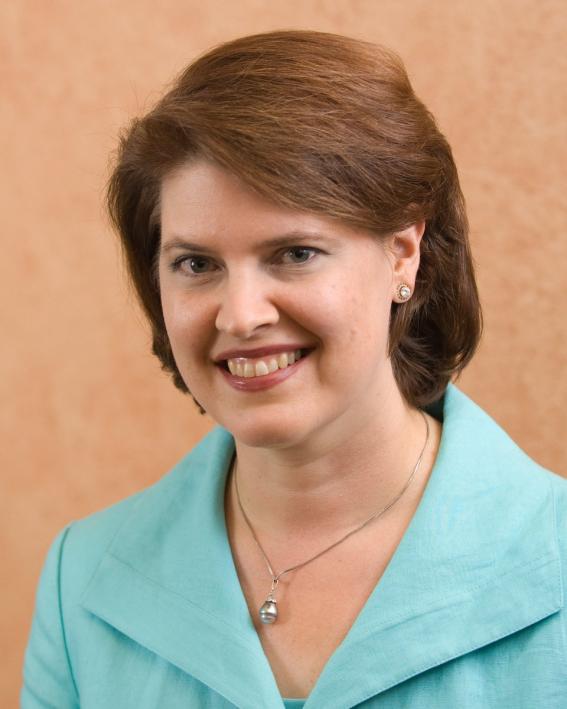Isenberg Master’s in Accounting Program Will Offer Forensic Accounting Seminar
April 24, 2015

Isenberg’s AACSB-accredited MSA program gives students an edge in launching and accelerating their accounting careers. And it fulfills the educational requirements to become CPA-certified. Isenberg offers two MSA options: The first is a classic hybrid program where students take up to 18 credits online before completing one intensive 12-week in-residence summer session. The second—a full online option—allows students to complete all 30 credits from anywhere in the world, at any time of day.
Lynda’s seminar will survey many of the field’s principal concerns, including business and employee fraud and embezzlement, compliance with and violations of SEC and other regulations, and evaluation of damages in litigation. The seminar will focus on understanding how forensic and litigation-related engagements are executed, including the relevant professional standards. Students will also explore how an awareness of fraud and an understanding of forensic approaches can enhance the skills of practitioners in all areas of the profession.
“The course will introduce students to the ways that forensic practitioners obtain and handle electronic evidence,” Lynda emphasizes. “They’ll learn about tools that are tailored to investigations, but also how traditional accounting information systems, emerging approaches to data analytics, and even social media can be used to gain insights.” Case studies and practitioner panels, she adds, will highlight real-world issues and problem solving.
A Career of Diverse Forensic Challenges
Lynda serves clients through her own firm, Upland Advisory LLC. She is a sought-after expert witness in litigation and regulatory matters. Before founding her firm in 2012, she spent 26 years with Ernst & Young LLP, 13 of them as a partner in the firm’s New England Fraud Investigation and Dispute Services group. She helped found that practice in the early 1990s after beginning her career with E&Y as an auditor.
Over the years, Lynda has gained extensive first-hand experience across the forensic accounting landscape. She has advised legal counsel, senior executives and boards on regulatory compliance and anti-fraud programs. She has led investigations of financial fraud and restatements, including management of evidence collection, evaluation, and analysis. She has conducted fraud risk assessment and led global bribery, corruption, and Foreign Corrupt Practices Act investigations. And she has investigated employee embezzlement, including the largest theft of public funds in Massachusetts history.
Behavioral Influences
The well-known Fraud Triangle, Lynda notes, tells us that fraud is more common when three conditions are present: opportunity, pressure or motivation, and rationalization. “The Fraud Triangle seems almost simplistic, but I use it all the time when serving clients. Putting the insights of the Fraud Triangle into action is the hard part,” she remarks.
“In my work, I try to think dispassionately about human beings, recognizing that even nice people have been known to take inappropriate advantage of opportunities and gaps in control systems,” she continues. As for the other two sides of the triangle (motivation and rationalization), the Isenberg alumna is unambiguous: “My years of experience have taught me not to underestimate other people’s ability to rationalize their actions or to overestimate how much I know about the pressures they are under.”
For more information about Isenberg’s MSA accounting options, visit our page here.